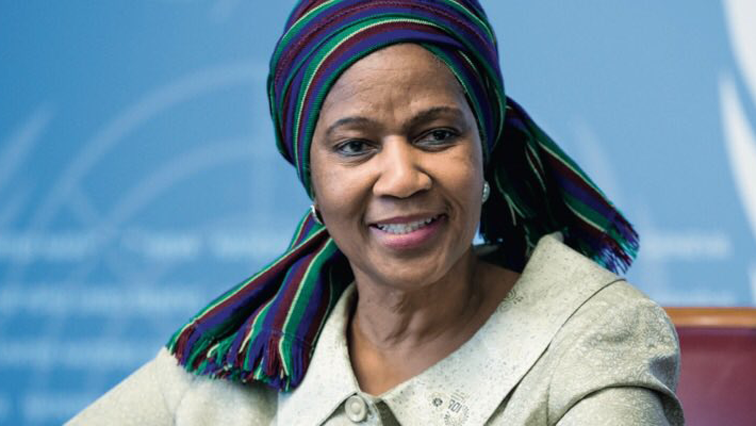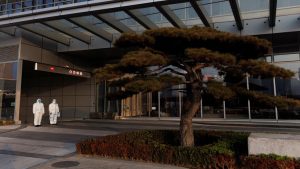The 65th session of the Commission on the Status of Women is formally under way at the United Nations in New York, in a largely virtual/hybrid session amid a growing consensus that women have borne the brunt of the COVID-19 pandemic.
Under the theme; Women’s full and effective participation and decision-making in public life, member states were urged to find the political will to ensure that the gains made in the women’s equality movement are not wiped out by the detrimental effects the pandemic has had on the empowerment agenda.
It is traditionally the largest gathering on women’s rights in the world. The two-week virtual setting seeks to find consensus on an agreed roadmap to advance the greater role of women in public life as well as the elimination of violence against women and girls.
“We meet for the second time in the context of the pandemic, which is having a devastating impact on women and girls. COVID-19 is a crisis with a woman’s face. The fallout has shown how deeply gender inequality remains embedded in the world’s political, social, and economic systems. Those disparities have themselves exacerbated the damage and we have all paid the price,“ says UN Secretary-General António Guterres.
Impact of COVID-19 on women
The COVID-19 pandemic has exacerbated existing inequalities, from increased reports of domestic violence, unpaid care responsibilities, rates of child marriage, and millions of women plunged into extreme poverty as they lose their jobs in higher numbers than men.
“The pandemic has also sparked a shadow epidemic of violence against women worldwide, both online and offline. Every month, the toll rises, from sexual abuse to child marriage. The damage is incalculable and will resound down the decades, into future generations. Now is the time to change course. Women’s equal participation is the game-changer we need.”
The male-dominated power-structures often result in the specific needs of women being overlooked – even as the world seeks to build back better from a pandemic that has disproportionately affected women and girls.
“The premise of this year’s priority theme is that it’s not acceptable that institutions, which are predominantly male-dominated, decide on matters that affect women’s lives and concerns the lives of all of humanity. In another governance situation, this would not be considered ethical for stakeholders to have little or no say in the decisions and policies that concern them. This session of the commission gives us the tools to stimulate a game-changing and much-needed concerted increase in women’s representation through the agreed conclusions and if we cannot achieve this in this year where we face a challenge of our generation, I put it to you excellencies – with respect – we would have to ask ourselves hard questions: what is the purpose of the commission,” says UN Women’s Executive Director Dr. Phumzile Mlambo-Ngcuka.
"Representation of women in decision-making is the only way to build back better." – @UN_Women Executive Director @phumzileunwomen#CSW65 #GenerationEquality pic.twitter.com/hc7E7yH8Kb
— United Nations CSW (@UN_CSW) March 15, 2021
The entire globe’s developmental agenda is under threat due to persistent inaction and a lack of political will. “Make no mistake, we will not achieve the 2030 Agenda for Sustainable Development, without guaranteeing women’s full and effective participation and decision-making in public life, as well as, the elimination of violence everywhere. Here in this room, we have the power, to create a better world for all. The General Assembly itself represents what many thought to be impossible, 75 years ago. Today, I urge you to be bold,“ says President of the General Assembly Volkan Bozkir.
Gender Equality described as a question of power and the urgent need for its more equitable distribution will be key to a sustainable future for all of humanity.






